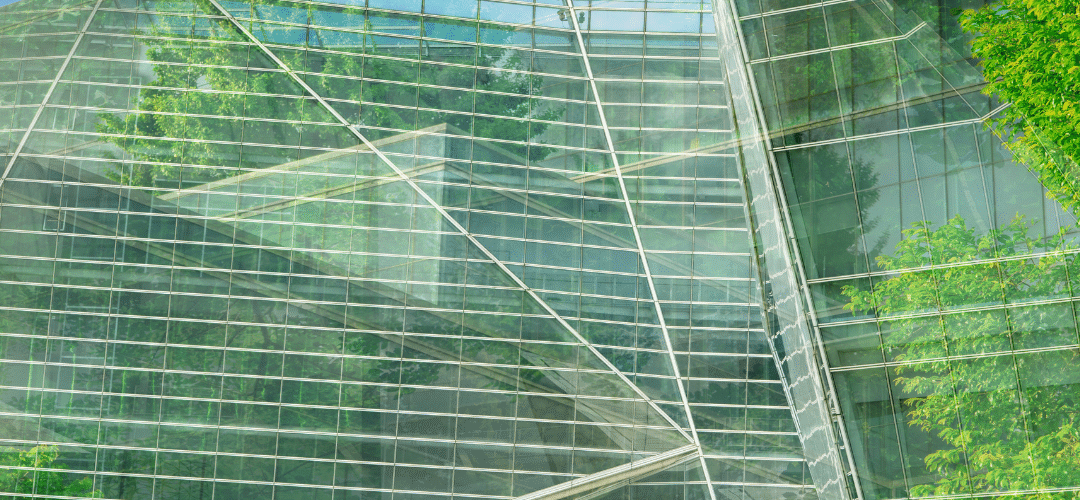

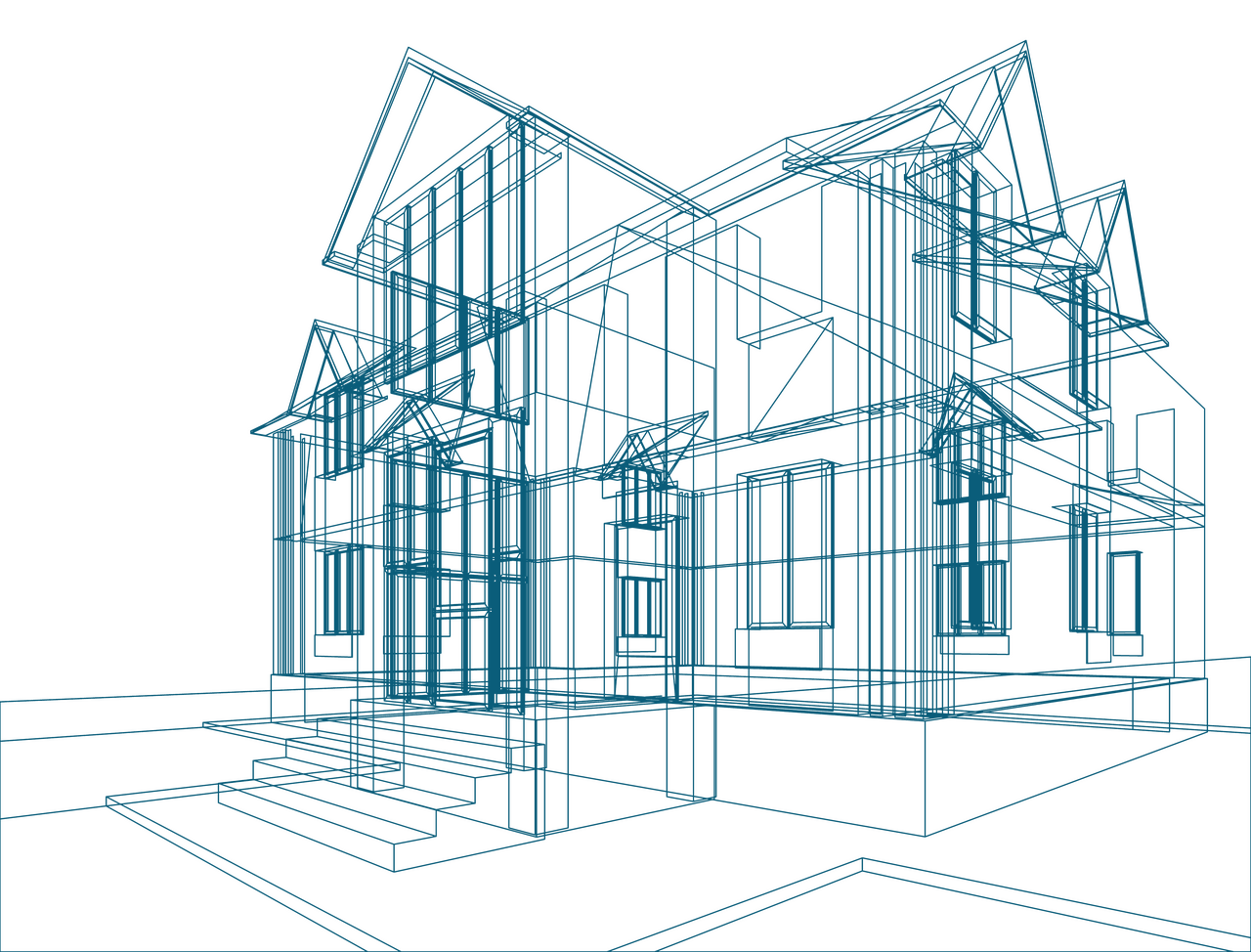
Market report
Innovative sustainable solutions
Stay updated on the latest market trends and insights with the European Architectural Barometer market report. Gain valuable information on the architectural industry and make informed business decisions.
News I published 07 November 2023 I Dirk Hoogenboom
Which innovative sustainable solutions are hot or not?
Sustainability and circularity are hot topics in the world of building construction. Although clients of architects may not always be willing or able to pay the often higher price for more sustainable options, demand for sustainable buildings and circular construction is still high in these times of high energy prices and climate change.
To answer that demand, many companies invest heavily in developing sustainable construction materials and products. Consequently, architects are confronted with a multitude of innovative solutions for more sustainable and circular construction to choose from. The question is, which innovative solutions are being adopted?
Energy-saving and renewable
To find out, we asked architects from eight European countries what solutions and products for sustainability and circularity are already being used. Given the recent, rather dramatic increases in energy prices, it does not surprise that architects mention insulation the most. Similarly, it does not surprise that solar panels are the second-most-mentioned solution.
What is interesting is that architects specifically mention bio-based insulation. That focus on bio-based products shows that this is not just a reactionary concern about energy savings. It also betrays a deeper interest in the origin of the material, and greater value is placed on renewable sources.
Circular materials
The third most mentioned are recycled and reused materials, which is a broader category of materials linked to sustainability. Recycling and reusing materials is also an essential practice for circular construction, which strives for continuous reuse of materials.
Interestingly, further down the graph, we find some specific mentions of circular or reused materials. Circular concrete, insulation from waste material, and circular wooden frames are mentioned by 6%, 6%, and 5% of architects, respectively. These are not very high percentages, but together they show that circularity is gaining interest.
It has to be mentioned though, that the above-mentioned circular or reused materials are mainly mentioned by French architects. For instance, 21% of French architects mentioned circular wooden frames as an innovative solution that is currently being used, while the share of architects mentioning this in other countries varies from 0% to 6%.
Country differences show what is hot or not.
Clearly, country differences show that the innovative solutions regarding sustainability and circularity that are currently used, according to architects, differ from area to area. For instance, France is more material-based when looking at sustainability, as bio-based and cross-laminated timber, and the aforementioned circular and reused materials are mentioned a lot.
In Italy and Germany, on the other hand, the focus is more on renewable energy, as solar panels are currently mentioned the most as innovative solutions that are already being used, according to architects. On the other hand, none of the Dutch architects mentioned solar panels, which is a great example of the caution that is needed when interpreting these results.
…and what architects in certain markets consider to be innovative
The fact that Dutch architects do not mention solar panels as innovative solutions that are already being used does not mean solar panels are not being used. Solar panels are being installed in record numbers in the Netherlands every year. What this indicates is that solar panels are so normal in the Dutch market that architects do not consider them innovative solutions any more, but just normal solutions.
This shows how important it is for manufacturers of materials and solutions for more sustainable and circular building construction to know the fine details of and differences between specific markets to truly understand the playing field. For a full overview of architects’ thoughts and attitudes about sustainable and circular construction and which innovative sustainable solutions are currently hot in eight European countries, we refer you to USP Marketing Consultancy’s European Architectural Barometer.

Read more
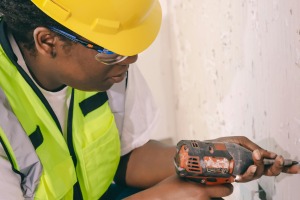

12 December 2024 I Dirk Hoogenboom
Buying Behavior of Handymen
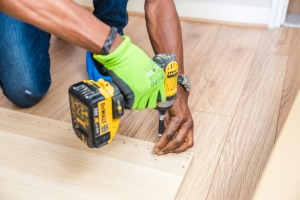

12 December 2024 I Henri Busker
Handymen Radar – Private Labels vs. Branded Products


12 December 2024 I Dirk Hoogenboom
Sustainability and Painting – What Matters Most?
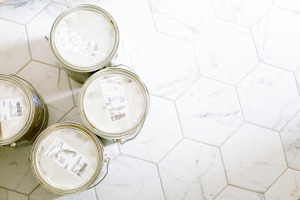

12 December 2024 I Zeynep Kutsal
Are European Painters Getting Younger?

Fresh Insights Await
Our relevant reports
Delve into the newest findings across various market segments, crafted for a cutting-edge overview. Explore our insightful reports, brimming with up-to-date data, trend analyses, and in-depth examinations, all tailored to provide you with a comprehensive understanding of the current market dynamics.
Construction
Home Improvement
Installation
Special reports
Construction
Smart Materials and Buildings Q4 2024
2024 85 pages
Explore the evolving future in construction sector among European architects in Q4 2024. Delve into the factors driving material preferences and the impact on construction aesthetics and sustainability.
2,000 Euro
Construction
Digitalisation and BIM H2 2024
2025 64 pages
Uncover the preferred purchase channels of contractors in H2 2024, and understand how purchasing behaviors evolved. This report provides insights into the factors influencing purchasing decisions among contractors.
6,000 Euro
Construction
Decision making process Q3 2024
2024 87 pages
Unveil the decision-making processes in the construction industry through the lens of European architects. Discover the factors that influence crucial decisions and the interplay among different stakeholders.
2,000 Euro
Construction
Prefab H1 2024
2024 63 pages
Discover the adoption rate and benefits of prefabrication technology among European contractors in H1 2024. Understand the driving forces behind prefab usage and its impact on project efficiency and cost-saving.
6,000 Euro
Construction
Future of construction Q2 2024
2024 82 pages
Explore the evolving future in construction sector among European architects in Q2 2024. Delve into the factors driving material preferences and the impact on construction aesthetics and sustainability.
2,000 Euro
Construction
Sustainability 2024
2024 72 pages
Painter Insight Monitor 2024 will focus on understanding the specific needs, preferences, and challenges faced by painters when it comes to sustainable products.
11,000 Euro
Home Improvement
DIY vs DIFM Q4 2024
2025 76 pages
Explore the prevailing trends between DIY and DIFM in Q4 2024. Understand consumer preferences and the factors influencing their choice between DIY and DIFM.
3,500 Euros
Home Improvement
Branding Q3 2024
2024 74 pages
Discover the power of branding in the home improvement sector. Explore how strong branding influences consumer preferences and purchase decisions.
3,500 Euro
Home Improvement
European Garden Monitor
2023 43 pages
Explore the European Garden Monitor, a comprehensive platform dedicated to garden health monitoring in Europe. Access valuable resources and expert advice today.
12,000 Euro
Home Improvement
Purchase channels Q2 2024
2024 90 pages
The European Home Improvement Monitor offers valuable insights on purchase channels in the European home improvement industry, examining the evolving preferences and behaviors of consumers across traditional retail and emerging online platforms.
3,500 Euro
Home Improvement
Sustainability Q1 2024
2024 81 pages
Delve into sustainability trends in the home improvement sector in Q1 2024. Discover consumer preferences and the shift towards eco-friendly home improvement solutions.
3,500 Euro
Home Improvement
DIY versus DIFM Q4 2021
2024 113 pages
This report is a must-have if you’re in the home improvement industry. It provides a wealth of information on the behaviour of DIY and DIFM consumers, their motivations, and the factors that influence their purchasing decisions.
3,150 Euro
Installation
Training needs Q1 2025
2025 100 pages
This report offers an overview of installers’ habits and preferences concerning their education. Furthermore, the report encompasses the pervasive challenge of workforce shortage and explores the sector’s strategies for resolving this issue.
3,250 Euro
Installation
Media orientation Q4 2024
2025 128 pages
The European Mechanical Installation Monitor report provides a detailed analysis of the plumbing and HVAC industry. This report specifically focuses on Media Orientation in the industry.
2,800 Euro
Installation
Services in the installation sector Q4 2024
2025 102 pages
This report provides a comprehensive view of the installer's requirements for services from manufacturers. Within the report, you will find information on the most needed services in each category: commercial processes, engineering, products & installation, and repair & maintenance. It also examines the services that installers offer to their customers.
3,250 Euro
Installation
Prefab Q3 2024
2024 110 pages
Uncover the adoption of prefabricated products in HVAC installations during Q2 2022. Delve into the benefits and challenges associated with prefabrication in HVAC.
2,800 Euro
Installation
Prefab Q3 2024
2024 119 pages
This report offers a comprehensive view of the installers’ involvement and needs regarding prefabricated electrical installations.
3,250 Euro
Installation
Smart & Connected Products Q2 2024
2024 120 pages
This report provides a comprehensive view of the attitudes of installers toward smart building solutions, specifically among electrical installers and their clients. In the report, you will find insights into the installers' experiences with installing smart products and the willingness of end users to invest in such solutions, as well as their motivations and pain points.
3,250 Euro
Special reports
European Sustainability Report 2024
2025 51 pages
This report provides in-depth insights based on triangulation of key market information and data as well as data from USP Marketing Consultancy’s key monitors that are carried out year in, year out. The focus of this report is on the most important stakeholders within the construction industry, namely architects, contractors, electrical and HVAC installers within The United Kingdom, The Netherlands, Belgium, Germany, Poland, France, Italy, and Spain.
3,950 Euro
Special reports
European Sustainability Report 2024
2024 51 pages
This report provides in-depth insights based on triangulation of key market information and data as well as data from USP Marketing Consultancy’s key monitors that are carried out year in, year out. The focus of this report is on the most important stakeholders within the construction industry, namely architects, contractors, electrical and HVAC installers within The United Kingdom, The Netherlands, Belgium, Germany, Poland, France, Italy, and Spain.
3,950 Euro









